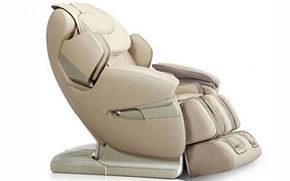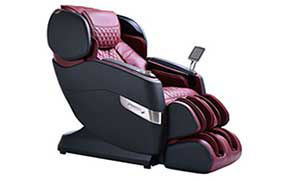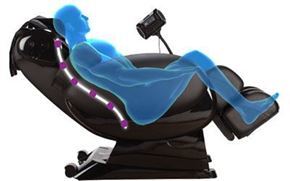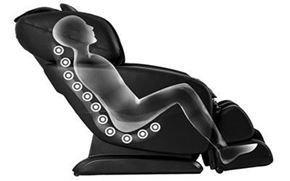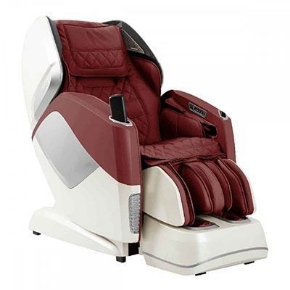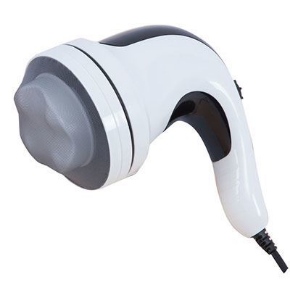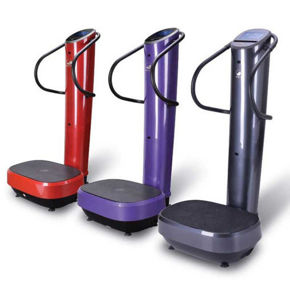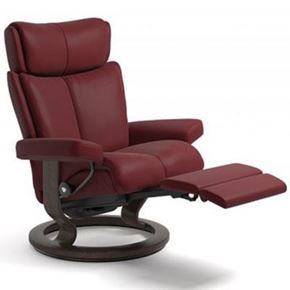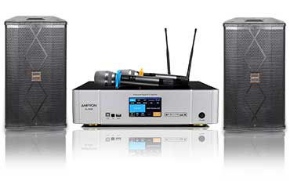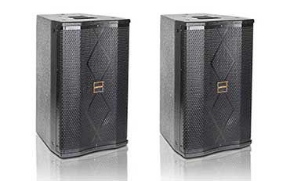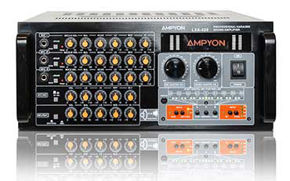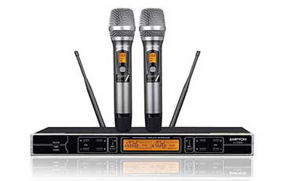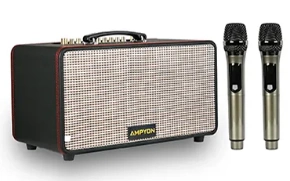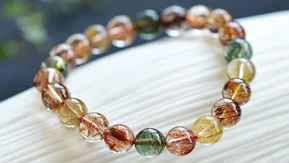Karaoke isn’t just a sing-along hobby. It’s listening pleasure too. So when buying a karaoke machine, the speakers are big part of the experience. After all, you want the instrumentals to be quality. You don’t want distortions that ruin the experience… Also, you want your own singing voice to come out well – especially when singing to others.
I See – So How Do I Pick Speakers?
There are many factors to consider when buying one.
Specifically, they include…
- Place of Use.
- Portability.
- Control Options.
- Device Compatibility.
We’ll discuss each below, giving you an idea on what to look for!
First – Place of Use.
Speakers don’t come in one size. And they don’t have similar volume options… Some are much louder than others. Others are quieter, suitable for personal use. Now, volume matters with location. And for a few reasons…
Residential Installation.
It’s likely that your neighbors won’t enjoy the karaoke speaker noise. So you can’t buy something large and noisy. In fact, any upgrades beyond normal speakers, might not be an option. So avoid items like subwoofers. You’ll have to settle for something smaller and more manageable.
Parties.
Especially outdoors, or in a club. Here, you’ll need more volume and long-lasting speakers. The volume should be enough to be “hearable” in noisy spots. So using normal speakers here won’t fare well.
How to Gauge Sound Output.
This is done in watts. Usually, child karaoke speakers have a 10-watt output. That’s one benchmark to keep in mind… For residential adult speakers, you can only go slightly higher. As for large parties and stages, you’re looking at 800+, suitable for a medium-sized stage.
Second – Portability.
There’s a positive correlation between volume and portability. Usually, louder speakers require a team to carry and setup. And this makes them a hassle, especially when replacing or repairing them. Thus, a louder speaker is something you shouldn’t move around a lot. It’s a “single location speaker.” Lower volume speakers (especially for home) are manageable. You can probably carry them in-hand and move around. This makes them work better for travels.
What Should I Get?
Private owners should opt for “smaller”portable speakers. Karaoke businesses should go for larger ones.
Additional Factor – Setup Ease.
Portability and setup ease work hand-hand. If you can hand-carry it, then it takes a few seconds to install. When looking at setup and portability, check for wire length, cord type and length, and multiple input options (such as USB, AUX, etc.).
Third - Control Options.
Are your speakers adjustable by remote? Or do you need to be close-by to change its setting? Because remote controls save-time with setting changes. They let you quickly change echo, bass/treble options, and distortions. You don’t have to work through a complex menu, or find buttons on the speaker.
Does it Work for All Users?
Of course. A set of speakers with remote is a sign of a good manufacturer. Remote controls work at home, at night clubs (as backups), and in parties. They’re easy – especially for people who don’t use karaoke often.
Fourth – Device Compatibility.
This point matters a lot. After all, what use it buying speakers if they don’t work with your other gadgets?
The Details.
Speakers must be compatible with your karaoke machine. After that, your speakers must have USB/SD memory support. Because that’s where many people store their instrumentals…Having Bluetooth compatibility is also a good idea. Though less people use that today. So it’s not a pressing requirement.
Other Aesthetic Factors (Optional).
How about LED lights? You can spice up your karaoke experience with a lightshow around the room! Some speakers give you that option. However, those (again) tend to be for personal use. If you want LED aesthetics, we recommend you get something separate from a speaker… especially if you’re a business.
Final Tip.
When buying a speaker, don’t compare the reviews of multiple products. Use the factors we mentioned here as comparison points. See how each speaker fares with the points mentioned. You can read reviews on websites like Amazon. However, we recommend more private blogs…Those tend to mention user experience. And they go in-depth on struggles and boons of using a speaker!

